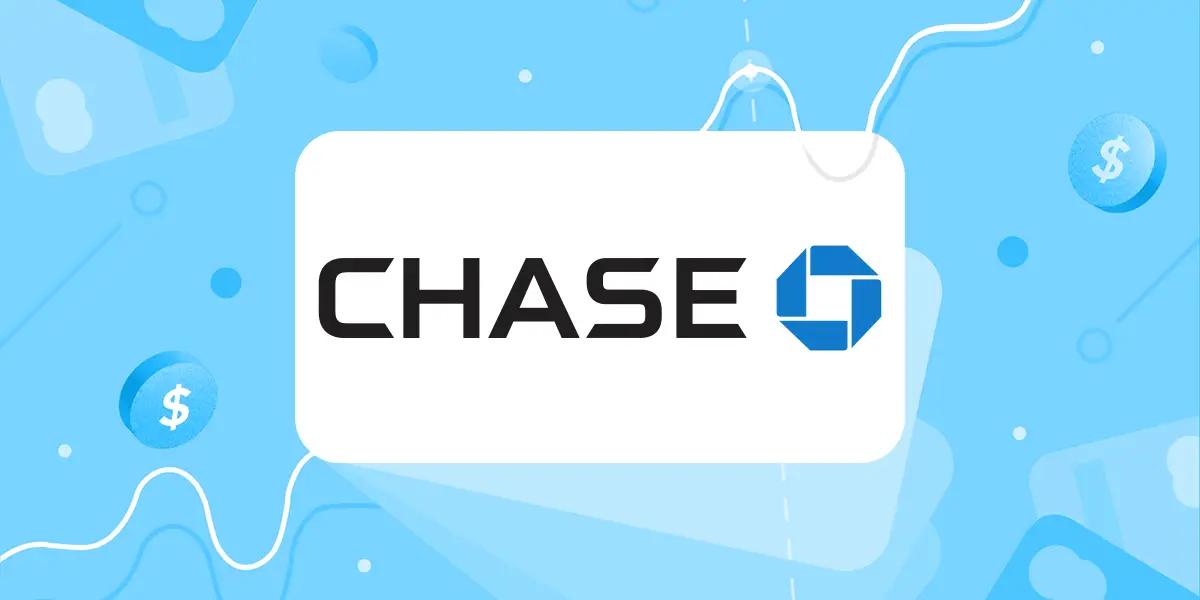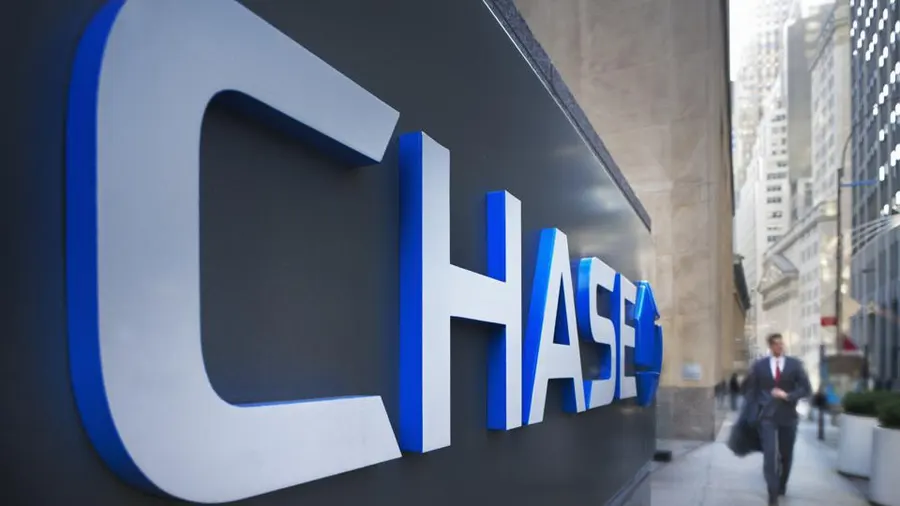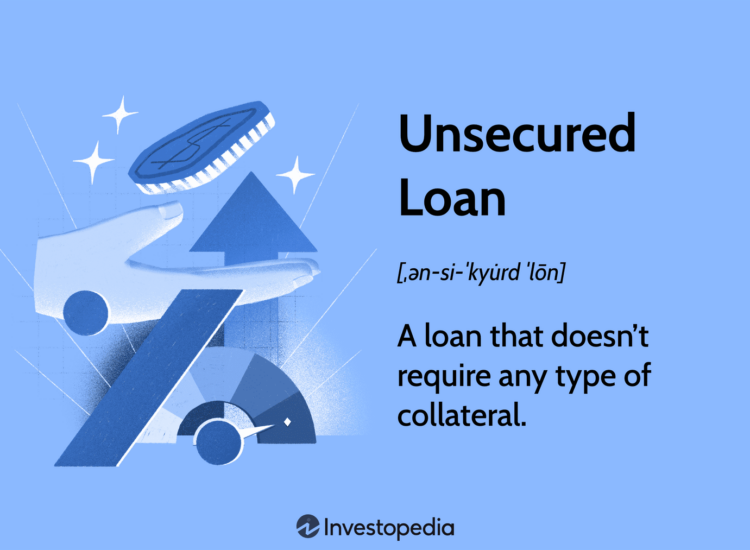Managing a complex web of student loans from Chase can feel overwhelming, leaving you searching for a path to financial freedom. A Chase consolidation loan might seem like a viable solution, but the intricacies of managing loan servicers, understanding eligibility requirements, and grappling with interest rate fluctuations can be daunting. This guide offers a practical and informative approach to understanding your options and making informed decisions about consolidating your Chase student loans.
Toc
Introduction to Chase Consolidation Loan

Chase is one of the largest loan servicing companies in the United States, with a strong presence in the student loan market. They offer a variety of federal and private student loans to help students finance their education. However, as graduates enter the workforce and start to repay their loans, managing multiple monthly payments and varying interest rates can become overwhelming.
Understanding Consolidation Loans
A consolidation loan from Chase allows you to combine multiple federal or private student loans into one single loan with a fixed interest rate. This can simplify your monthly payments, streamline communication with a single servicer, and potentially lower your interest rate. Additionally, consolidating your loans may also extend your repayment term, giving you more time to pay off your debt.
Benefits of Consolidating Your Chase Student Loans
Consolidating your student loans through Chase can offer numerous benefits, including:
- Simplified Monthly Payments: With a consolidation loan, you only have one monthly payment to manage instead of multiple payments to different lenders.
- Fixed Interest Rate: Unlike variable interest rates on some federal and private loans, a consolidation loan comes with a fixed interest rate for the life of the loan. This can provide stability and predictability in your monthly budget.
- Lower Monthly Payment: By extending your repayment term through consolidation, you may be able to lower your monthly payment and make it more manageable within your current financial situation.
- Potential Savings: If you have multiple loans with varying interest rates, consolidation can potentially lower your overall interest rate and save you money over the life of the loan.
Understanding Your Current Servicer
Chase Bank once held a significant position in the student loan market, offering both private and federal loans. However, in 2013, the bank made a strategic exit from this space, selling its student loan portfolio to Navient, a prominent student loan servicer in the United States. Recently, Navient has transitioned these loans to MOHELA, adding another layer of complexity for borrowers.
If you have Chase student loans, it’s crucial to know your current loan servicer. You can log into your MOHELA account or contact their customer service for the most up-to-date information regarding your loans. Understanding this transition is vital for anyone considering a chase consolidation loan.
Exploring Chase Consolidation Loan Options

When it comes to debt consolidation loan chase, there are several options to consider. Consolidating your student loans can bring numerous benefits, including:
Streamlining Your Payments
Instead of juggling multiple loan payments with varying due dates and interest rates, consolidation simplifies your repayment process. You’ll have one consolidated loan with a single monthly payment, making it easier to track and budget for your student debt.
For example, imagine having three separate Chase student loans with monthly payments of $200, $150, and $100. After consolidation, you might have a single payment of $450 per month, simplifying your budgeting and reducing the risk of missed payments.
Unlocking Lower Interest Rates
Consolidation can potentially lead to lower interest rates, especially if you have a good credit score and have improved your financial situation since taking out your original loans. A lower interest rate can significantly reduce the total amount of interest you pay over the life of your loan, leading to substantial savings.
1. https://lilin.vn/mmoga-protect-yourself-insights-from-a-car-dealership-fraud-attorney/
2. https://lilin.vn/mmoga-is-a-student-loan-secured-or-unsecured-understanding-the-fundamentals/
3. https://lilin.vn/mmoga-personal-loan-for-business-a-wise-funding-choice-for-startups/
4. https://lilin.vn/mmoga-securing-a-business-loan-without-personal-guarantee-for-growth/
For instance, if you have a $30,000 student loan with a 7% interest rate, and you consolidate and secure a 5% interest rate, you could potentially save thousands of dollars in interest over the loan term.
Flexible Repayment Terms
Consolidation loans typically offer various repayment terms, allowing you to choose a plan that aligns with your financial situation. For example, if you’re struggling to make the minimum payments on your current loans, consolidating might offer a longer repayment term that reduces your monthly payments.
On the other hand, if you have a stable income and want to pay off your debt as quickly as possible, choosing a shorter repayment term can save you money in interest over the life of the loan. It’s essential to consider your financial goals and capabilities when selecting a repayment plan.
Eligibility Requirements for Chase Consolidation Loans

Before considering consolidation as an option for managing your Chase student loans, it’s crucial to understand the eligibility requirements. These may vary depending on whether you’re consolidating federal or private loans.
Federal Loan Consolidation Requirements
To be eligible for a federal consolidation loan through Chase, you must have at least one Direct Loan or Federal Family Education Loan (FFEL) that is in repayment or in a grace period. Additionally, you must meet the following criteria:
- Be out of school (either graduated or dropped below half-time enrollment)
- Have an acceptable credit score (or provide a co-signer with good credit)
- Not be in default on any student loans
Private Loan Consolidation Requirements
Chase offers private consolidation loans for students who want to combine their non-federal education loans into one manageable payment. These requirements may vary depending on your chosen lender but typically include the following:
- A good credit score (or a co-signer with good credit)
- An acceptable debt-to-income ratio
- A stable income or employment history
It’s essential to research and compare different lenders when considering private loan consolidation options. The eligibility requirements, interest rates, and repayment terms may vary significantly, so it’s crucial to find the best fit for your financial situation.
Evaluating Your Consolidation Options

Before diving into the consolidation process, it’s essential to assess your current financial status and creditworthiness. Key factors that can influence your eligibility for a chase bank consolidation loan include:
- Credit Score: A higher credit score can lead to better interest rates.
- Debt-to-Income Ratio: Lenders will evaluate your income relative to your debt to determine your repayment capacity.
- Employment Status: Stable employment can positively impact your loan application. On the other hand, if you’re unemployed or have inconsistent income, it may be challenging to qualify for a consolidation loan.
- Co-signer: If you don’t meet the eligibility requirements on your own, having a co-signer with good credit can increase your chances of approval and potentially lead to better terms.
It’s also essential to compare interest rates and repayment terms from various lenders before selecting a consolidation option. Some lenders may offer additional benefits like an interest rate reduction for setting up automatic payments or cosigner release options after making a certain number of on-time payments.
Federal vs- Private Consolidation
There are primarily two types of consolidation options available: federal student loan consolidation and private student loan refinancing. Each has its pros and cons.
- Federal Consolidation: This option allows you to combine your federal loans into one loan with a fixed interest rate based on the weighted average of your existing loans. This route is beneficial if you want to retain access to federal loan benefits, such as income-driven repayment plans and potential loan forgiveness programs.
- Private Refinancing: This involves obtaining a new loan from a private lender to pay off your existing loans, including any Chase student loans. While this can lead to lower interest rates, you will forfeit federal loan protections and benefits. However, private refinancing can be an attractive option if you have a good credit score and want to secure a lower interest rate on your loans.
Steps to Consolidate Chase Student Loans
To begin the consolidation process for your Chase student loans, follow these steps:
1. https://lilin.vn/mmoga-securing-a-business-loan-without-personal-guarantee-for-growth/
2. https://lilin.vn/mmoga-personal-loan-for-business-a-wise-funding-choice-for-startups/
3. https://lilin.vn/mmoga-protect-yourself-insights-from-a-car-dealership-fraud-attorney/
4. https://lilin.vn/mmoga-is-a-student-loan-secured-or-unsecured-understanding-the-fundamentals/
- Gather Your Loan Information: Collect detailed information about all the student loans you wish to consolidate. This includes loan balances, interest rates, and current monthly payments.
- Check Your Credit Score: Knowing your credit score is crucial as it can impact your eligibility for consolidation and the interest rate you might secure.
- Research Lenders: Whether you’re considering federal consolidation or private refinancing, it’s essential to compare various lenders. Look at their interest rates, repayment terms, and additional benefits like autopay discounts.
- Apply for Consolidation:
- For Federal Loans: If you’re consolidating federal loans, you can apply through the Federal Student Aid website. The process involves completing a consolidation loan application and promissory note.
- For Private Loans: For private loan refinancing, apply directly through your chosen lender’s website or contact their customer service for guidance. Be prepared to provide detailed financial information and possibly proof of income.
- Review and Sign the Agreement: After your application is approved, carefully review the loan agreement. Pay attention to the interest rate, repayment term, and any fees associated with the loan. Once you’re satisfied, sign the agreement to finalize the consolidation.
- Start Making Payments: Once your loans are consolidated, you’ll begin making payments to the new lender. Set up automatic payments if possible to take advantage of any interest rate discounts and to ensure you never miss a payment.
Pros and Cons of Consolidating Student Loans
Before consolidating your Chase student loans, it’s important to weigh the pros and cons:
Pros:
- Simplified Payments: One of the most significant advantages is having a single payment instead of multiple payments to different lenders.
- Potential for Lower Interest Rates: If you have a strong credit score, you might qualify for a lower interest rate, reducing the total amount you pay over time.
- Flexible Repayment Options: Consolidation can offer more flexible repayment terms, which can align better with your current financial situation.
Cons:
- Loss of Federal Protections: If you consolidate federal loans into a private loan, you’ll lose access to federal benefits like income-driven repayment plans and loan forgiveness programs.
- Longer Repayment Term: While a longer repayment term can reduce your monthly payments, it increases the amount of interest paid over the life of the loan.
- Credit Requirements: Private consolidation typically requires a good credit score, and not everyone may qualify for favorable terms.
Frequently Asked Questions

Q: What happens to my federal student loan benefits if I consolidate with a private lender?
A: Consolidating federal loans with a private lender means you will lose access to federal loan benefits, such as income-driven repayment plans and Public Service Loan Forgiveness (PSLF). This is a critical consideration when deciding between federal and private consolidation.
Q: What are the potential downsides of consolidating my student loans?
A: One downside is that consolidation may result in a longer repayment term, potentially leading to more interest paid over the life of the loan. Weighing the benefits against the drawbacks is essential to determine if consolidation is right for you.
Q: How do I know if I should consolidate my Chase student loans?
A: The decision to consolidate should be based on your personal financial circumstances. Consulting with a financial advisor or using online consolidation calculators can help you evaluate your options effectively. It’s essential to consider factors like interest rates, repayment terms, and the potential impact on your credit score before making a decision. While consolidation can offer convenience and potentially lower interest rates, it may not be suitable for everyone. Careful research and consideration of the pros and cons can help you make an informed decision about consolidating your Chase student loans. So, take the time to evaluate all options before choosing to consolidate your student loans. Remember to always prioritize paying off your debt in a responsible manner, whether through consolidation or other means. Your financial well-being is worth the effort! Happy Consolidating!
Conclusion
Consolidating your Chase student loans can be a valuable strategy to simplify your finances and potentially save money on interest. However, it is important to carefully assess your situation and weigh the benefits and risks. Start by gathering all relevant loan information and understanding your credit score. Take the time to research both federal and private consolidation options, comparing interest rates and repayment terms. Consult a financial advisor if needed to help make the most informed decision.
Remember that while consolidation can help manage your student loan payments, it is not a one-size-fits-all solution. Consider whether the loss of federal protections is worth the potential interest savings with private refinancing. If you decide to proceed with consolidation, follow the necessary steps diligently to ensure a smooth process.
Disclaimer: This article is for informational purposes only and does not constitute financial advice. Please consult a financial advisor before making any decisions regarding your student loans. The information provided is accurate to the best of our knowledge at the time of publication, but loan terms and conditions may change without notice. Always confirm with lenders directly for the most up-to-date information.










